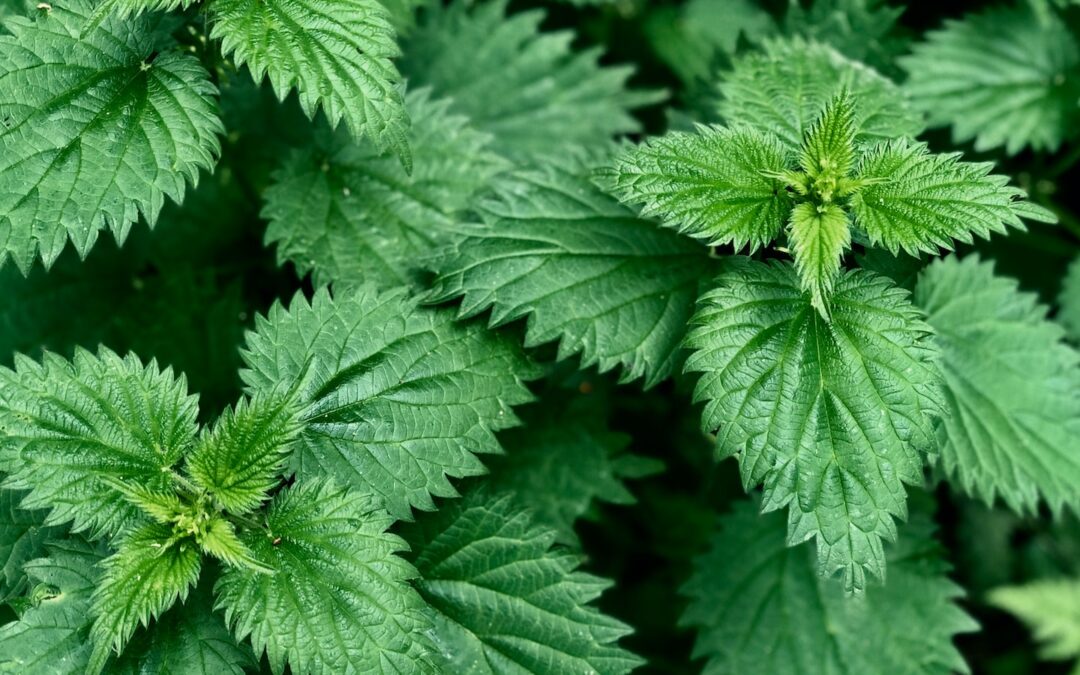Scorpions are one of the most feared creatures that can be found in the world. With their venomous sting, it’s no wonder people dread encountering them. But what happens when you get stung? What should you do to get relief from the pain and reduce the possibility of complications? In this article, we will provide you with a comprehensive guide on what to do for a scorpion sting so you are prepared in case you ever find yourself in that unfortunate situation.
1. Remain Calm and Assess the Situation
The first thing you must do when stung by a scorpion is remain calm. Take a deep breath and assess the situation. If the person or animal that has been stung is not displaying any signs of serious discomfort, such as difficulty breathing or anaphylaxis shock, the sting should not be a major concern. However, if the person or animal is presenting signs of discomfort or difficulty, you should take the necessary steps to ensure their safety and seek medical attention.
1.1 Call For Help
Calling for help is the most important step in this process. As soon as someone is stung, call for medical assistance as quickly as possible. This can be done by calling 911, poison control or a local medical facility. Make sure you have the location and other details such as age, weight and species (if animal) ready to give to the medical professionals.
1.2 Check For Allergies
Before taking any further steps, it is important to check if the person or animal stung might be allergic to the venom. If they answer yes to any of the following questions, then they’re likely to be allergic and extra care must be taken: are they asthmatic or have respiratory problems, have they ever experienced anaphylaxis shock, or do they have any known allergies?
2. Remove the Stinger
Once the situation has been assessed, the next step is to remove the stinger. This can be done by using tweezers, a credit card or a piece of gauze. Make sure to avoid using bare hands as that could result in more venom being released from the stinger. Carefully grab the stinger and lift it up and away from the skin until it is out of the skin. Make sure you do not squeeze the stinger since squeezing it may release more venom into the skin. Once the stinger is out, wash the affected area with soap and water and then pat it dry.
2.1 Applying Compress
Once the stinger was removed, the next step is to apply a compress. This can be done by applying a cold compress or ice pack to the area for at least 15 minutes. This will help reduce the swelling, as well as numb the area. Do not apply the ice directly onto the area as this could cause an ice burn. Instead, wrap the cold compress in a cloth or piece of cloth before applying it onto the affected area.
2.2 Taking Anti-Venom
The last step is to take an anti-venom. This can be done by speaking to a doctor, or by self-administering it. Anti-venom can be either in pill form or injected as a liquid. If the person or animal is allergic to the venom, is displaying severe discomfort or if the sting is near the eyes, then seeking medical attention is recommended.
People Also Ask
What Should You Not Do For a Scorpion Sting?
Do not suck, scrape or squeeze the stinger as this could inject more venom into the skin. Do not apply a hot compress to the area as this could cause more swelling or an infection. Also, do not attempt to self-administer anti-venom without speaking to a doctor first.
How Painful is a Scorpion Sting?
Scorpion stings can range from moderate to severe in intensity. The severity of the pain usually depends on the size of the scorpion and the amount of venom injected. Generally, small scorpion stings are not as severe as larger scorpions.
What is the Best Treatment for a Scorpion Sting?
The best treatment for a scorpion sting is to immediately call for help, remove the stinger, apply a cold compress and take an anti-venom medication. If the person or animal is allergic, it is best to seek medical attention as soon as possible.
What Happens if You Don’t Treat a Scorpion Sting?
If you do not treat a scorpion sting, it can cause swelling, pain, and irritation which can be very uncomfortable and may last for days or even weeks. In serious cases, it can lead to anaphylaxis shock, which can be life-threatening. Therefore, it is important to take the necessary steps to ensure that the person or animal was stung is receiving proper care and treatment.
Final Words
Scorpion stings can be very painful and dangerous if not treated properly. Therefore, it is important to remain calm and assess the situation to ensure that the person or animal that was stung is receiving the proper treatment. By following the steps above, you will be more prepared and better equipped to handle any situation that might arise from a scorpion sting.

